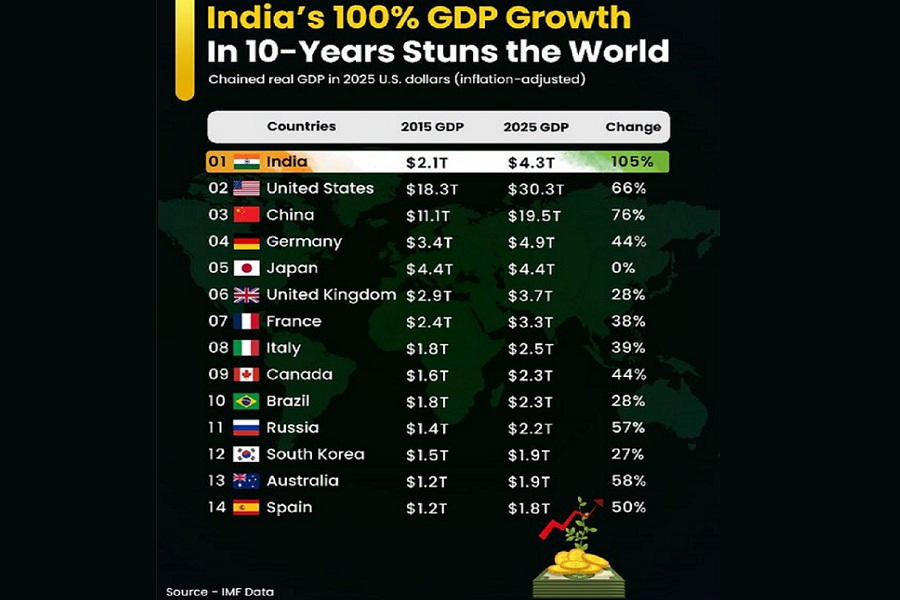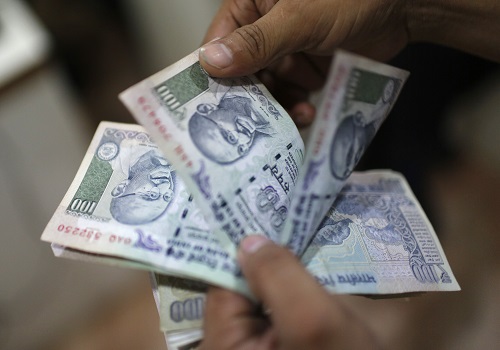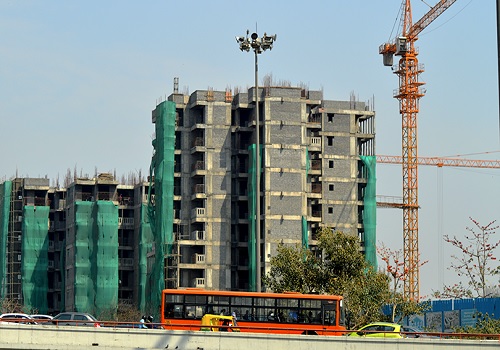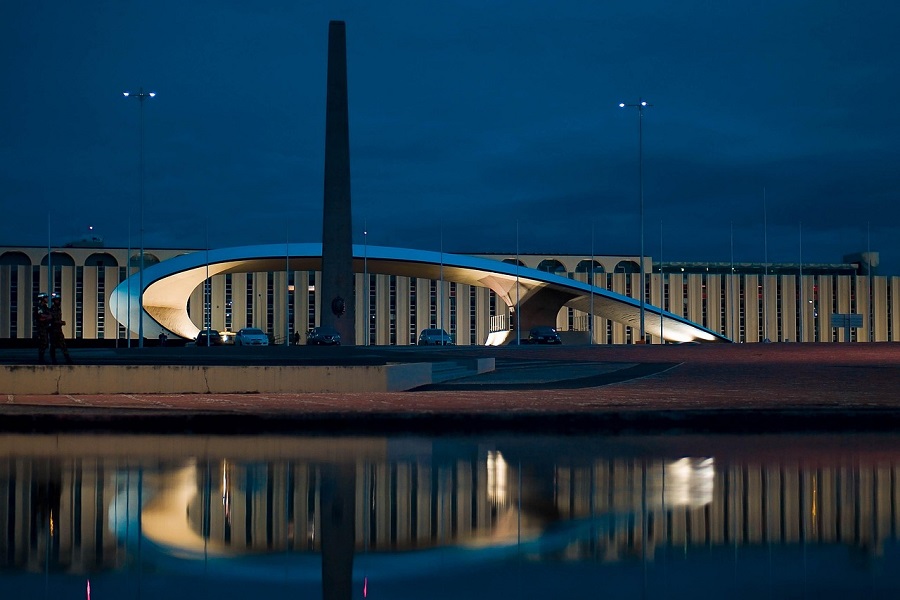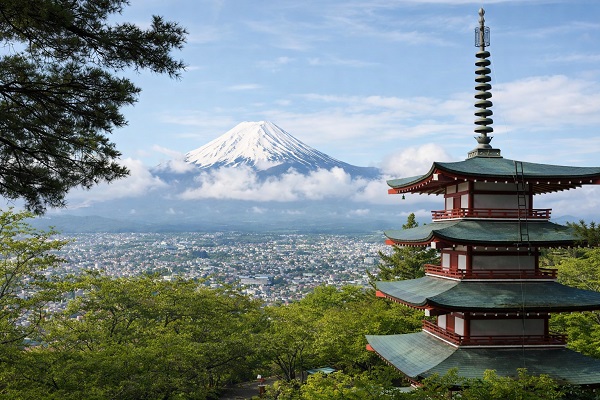``Rain, Culture, and Cuisine: Southeast Asia’s Hidden Monsoon Treasures``
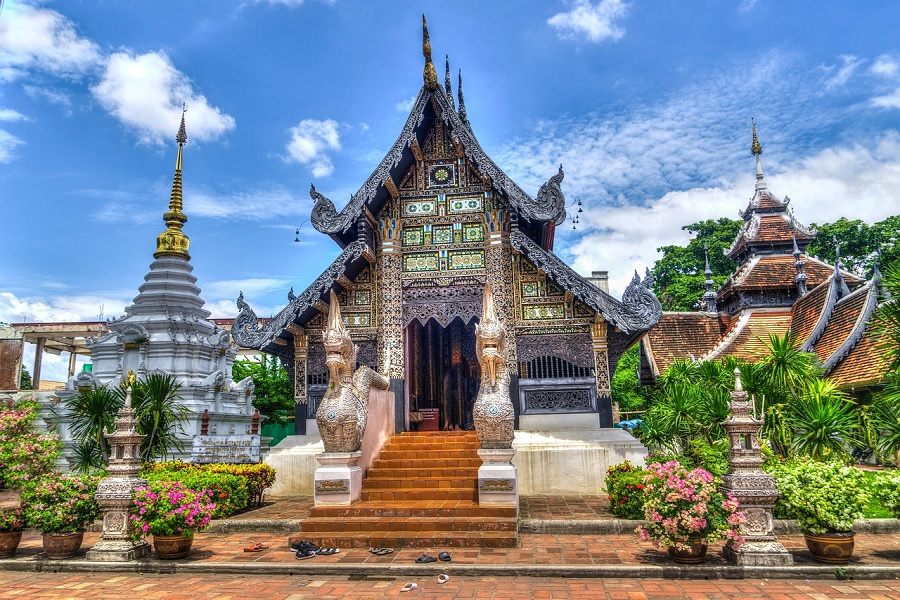
When the skies darken and the scent of wet earth fills the air, Southeast Asia transforms into a mosaic of green jungles, glistening temple roofs, steaming street food, and soulful silences. Often overlooked due to the rain, the monsoon season (June to September) in this region is not a time to avoid-it’s a time to embrace.
This is the season of authenticity-fewer tourists, lush landscapes, lower prices, and a deeper connection with the land and its people. For those with a curious mind and a flexible spirit, the monsoon brings Southeast Asia’s hidden cultural and culinary treasures to life.
Thailand: Temples and Tranquility
Bangkok’s usually crowded temples turn peaceful as the rains wash the streets and silence the hustle. Visit the Grand Palace, Wat Pho, or take a boat ride through the calm canals. Head north to Chiang Mai for traditional Thai cooking classes while thunder rolls over the jungle. In the south, Krabi and Koh Lanta become lush paradises with misty cliffs and romantic seascapes, perfect for offbeat travelers.
Must Try in Monsoon:
Hot tom yum soup from a street-side vendor
Banana leaf-wrapped grilled fish
Thai massage in a cozy spa while it rains outside
Vietnam: Verdant Rice Fields and Rainy Romance
In Vietnam, the monsoon creates dramatic contrasts—from fog-covered rice terraces in Sapa to reflective lantern-lit streets of Hoi An. The rains enhance the fragrance of Vietnamese cuisine—imagine slurping a hot bowl of pho while rain splashes against the windows of a colonial cafe in Hanoi.
Cruising through Ha Long Bay during a light drizzle, when limestone karsts emerge from mist, is nothing short of cinematic.
Must Try in Monsoon:
Pho Bo (beef noodle soup) in Hanoi
Banh xeo (Vietnamese savory pancakes)
A train ride through rainy Da Nang hills
Cambodia: Angkor’s Quiet Power
The grand temples of Angkor Wat, usually filled with crowds, are transformed during the rains. The moss-covered stones glisten, and reflection pools around temple ruins create surreal photo ops. Rain doesn’t disturb the charm—it amplifies it. In Siem Reap, explore cultural villages, silk farms, or attend traditional Apsara dance shows while thunder rumbles overhead.
Must Try in Monsoon:
Khmer Amok curry served in banana leaves
Fish soup with lemongrass and tamarind
Cambodian iced coffee in a market cafe
Laos: Misty Mountains and River Rhythms
In Luang Prabang, golden pagodas gleam under grey skies while saffron-robed monks walk quietly through rain-soaked lanes. The Mekong River rises and flows with power, and the waterfalls of Kuang Si swell into turquoise cascades. Laos in the monsoon is raw and real—less commercial, more soul.
Must Try in Monsoon:
Laap (minced meat salad with herbs)
Grilled sticky rice on skewers
Boat rides down the muddy Mekong
Why Travel to Southeast Asia During the Monsoon?
Lush green landscapes at their peak beauty
Discounted accommodations and flights
Fewer crowds, allowing deeper cultural immersion
A richer culinary experience, with seasonal street food in full swing
Unique festivals like Vietnam’s Tet Trung Thu or Thailand’s Buddhist Lent (Khao Phansa)
Monsoon Travel Tips for Southeast Asia:
Carry a light raincoat and waterproof footwear
Embrace slower travel — occasional delays are part of the charm
Choose early mornings for outdoor exploration; rains often arrive by afternoon
Book boutique hotels or homestays with cozy indoor spaces and local experiences













